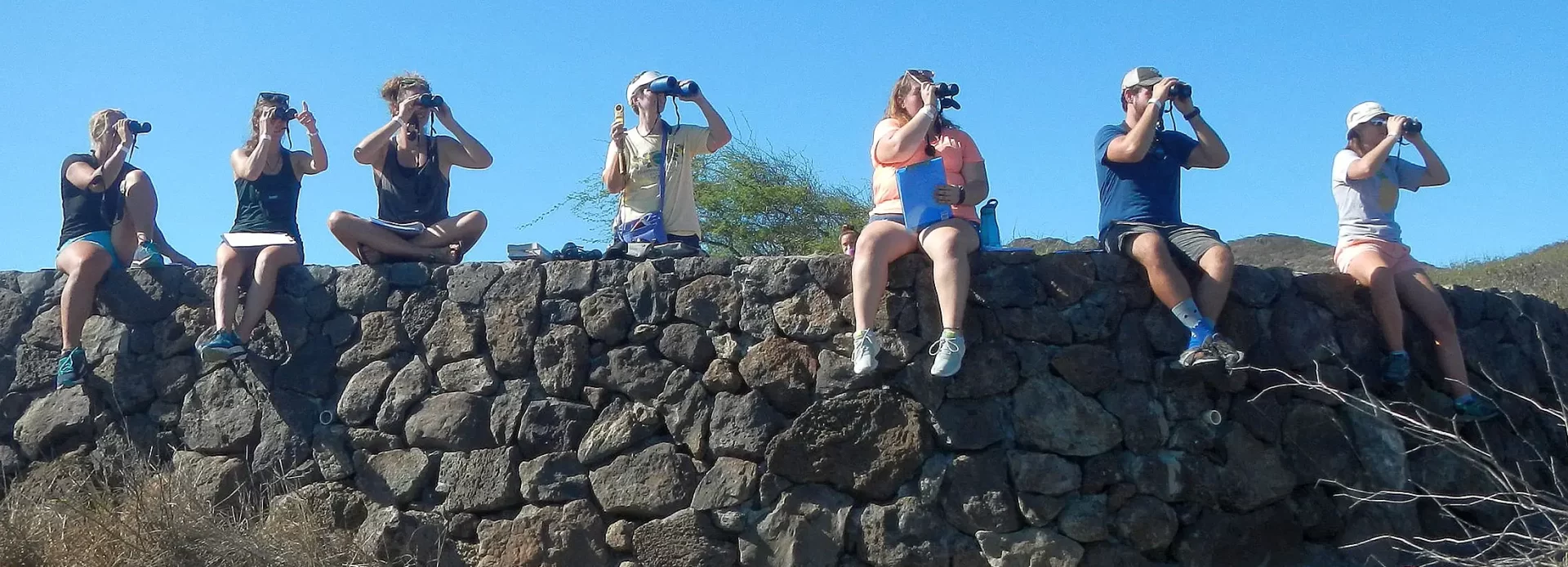
Research
Our lab focuses on understanding how upper-trophic marine predators forage and migrate across patchy oceanic environments, and how these habitat associations make certain species more susceptible to anthropogenic impacts, such as plastic ingestion and fisheries bycatch.
Where We Focus
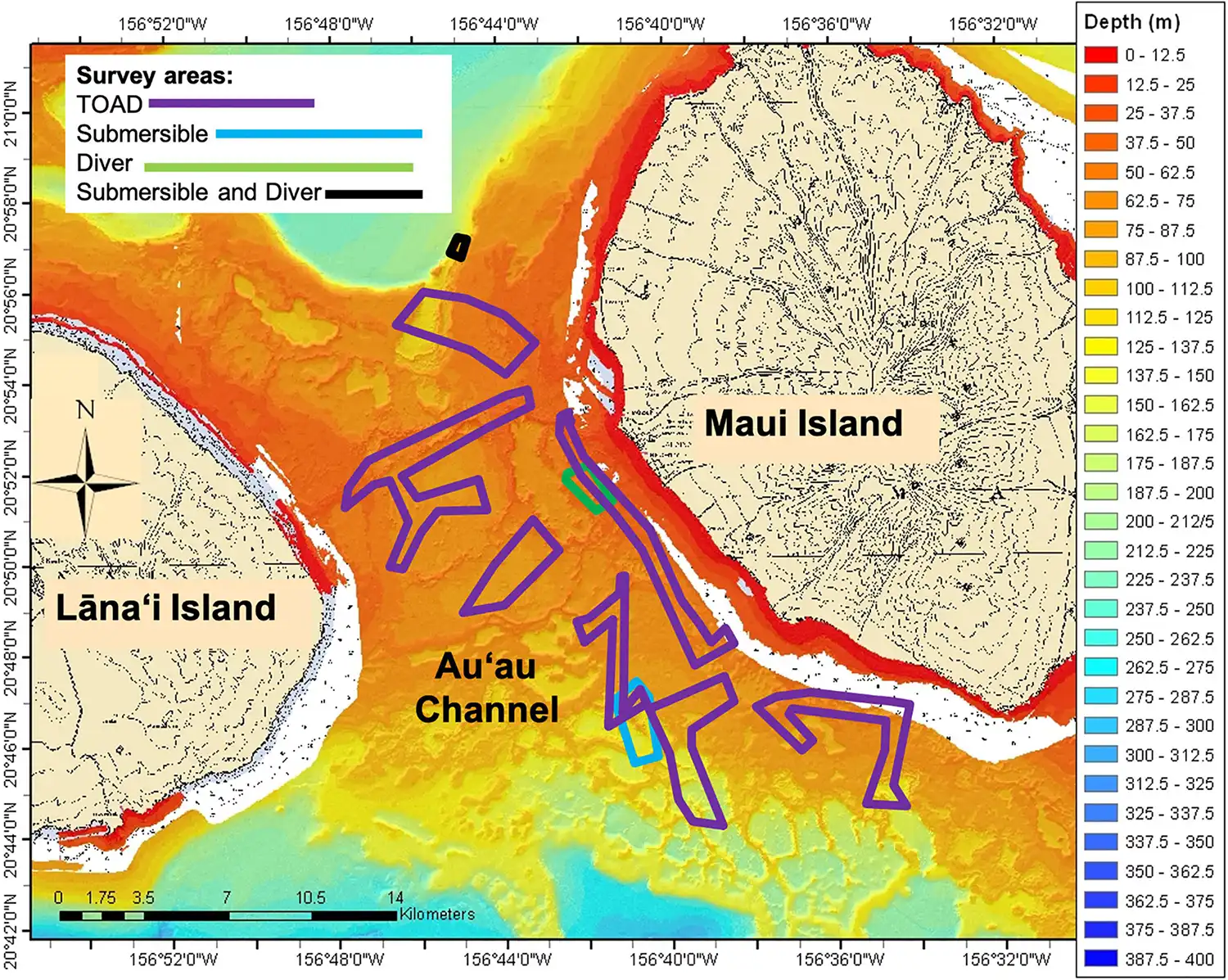
Coral Reef Ecosystems
GOAL: Utilize towed cameras, submersibles, and mixed-gas divers were used to survey the mesophotic reef fish assemblages and benthic substrates of the Au‘au Channel, between the Hawaiian Islands of Maui and Lāna‘i.
COLLABORATORS: Raymond Boland, David Hyrenbach, Edward DeMartini, Frank Parrish, John Rooney
LATEST WORK: Quantifying Mesophotic Fish Assemblages of Hawai‘i’s Au‘au Channel: Associations With Benthic Habitats and Depth
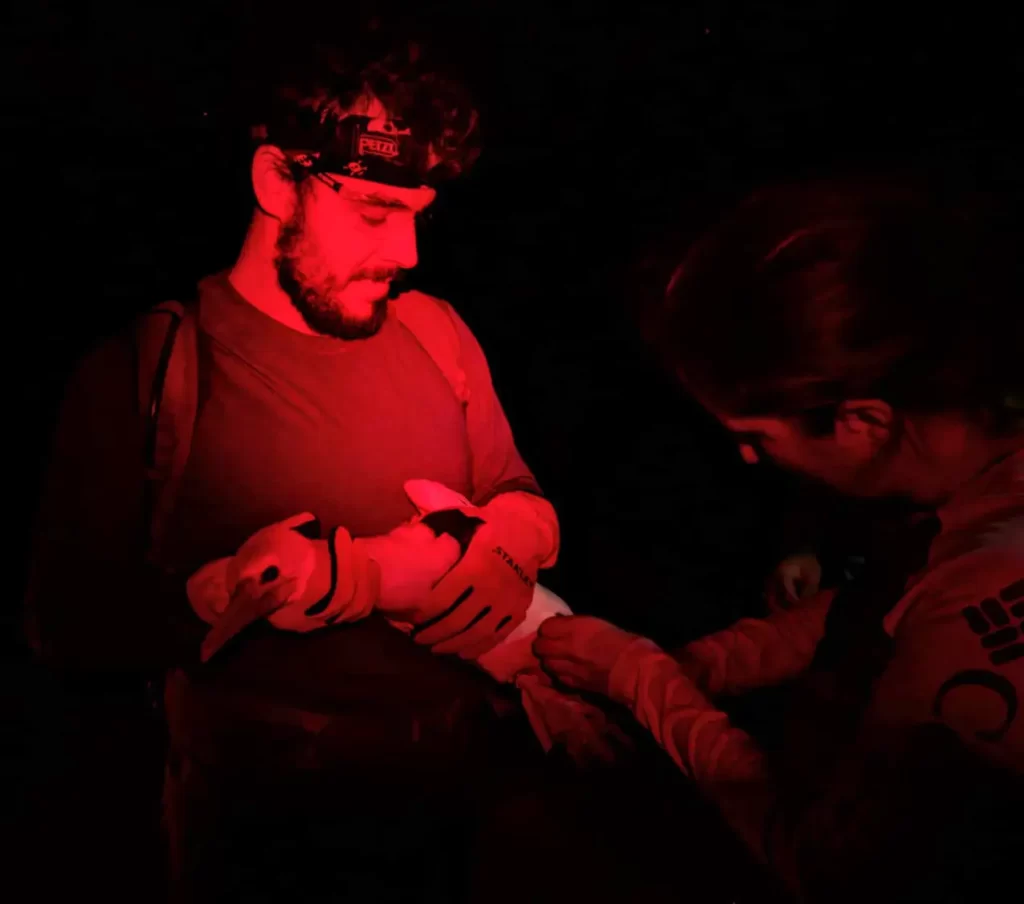
Light Pollution
GOAL: Determine what physical and biological factors are involved from urban light disturbance on nesting seabird populations along Hawai’in coastlines.
COLLABORATORS: Jennifer Urmston, David Hyrenbach, Keith Swindle
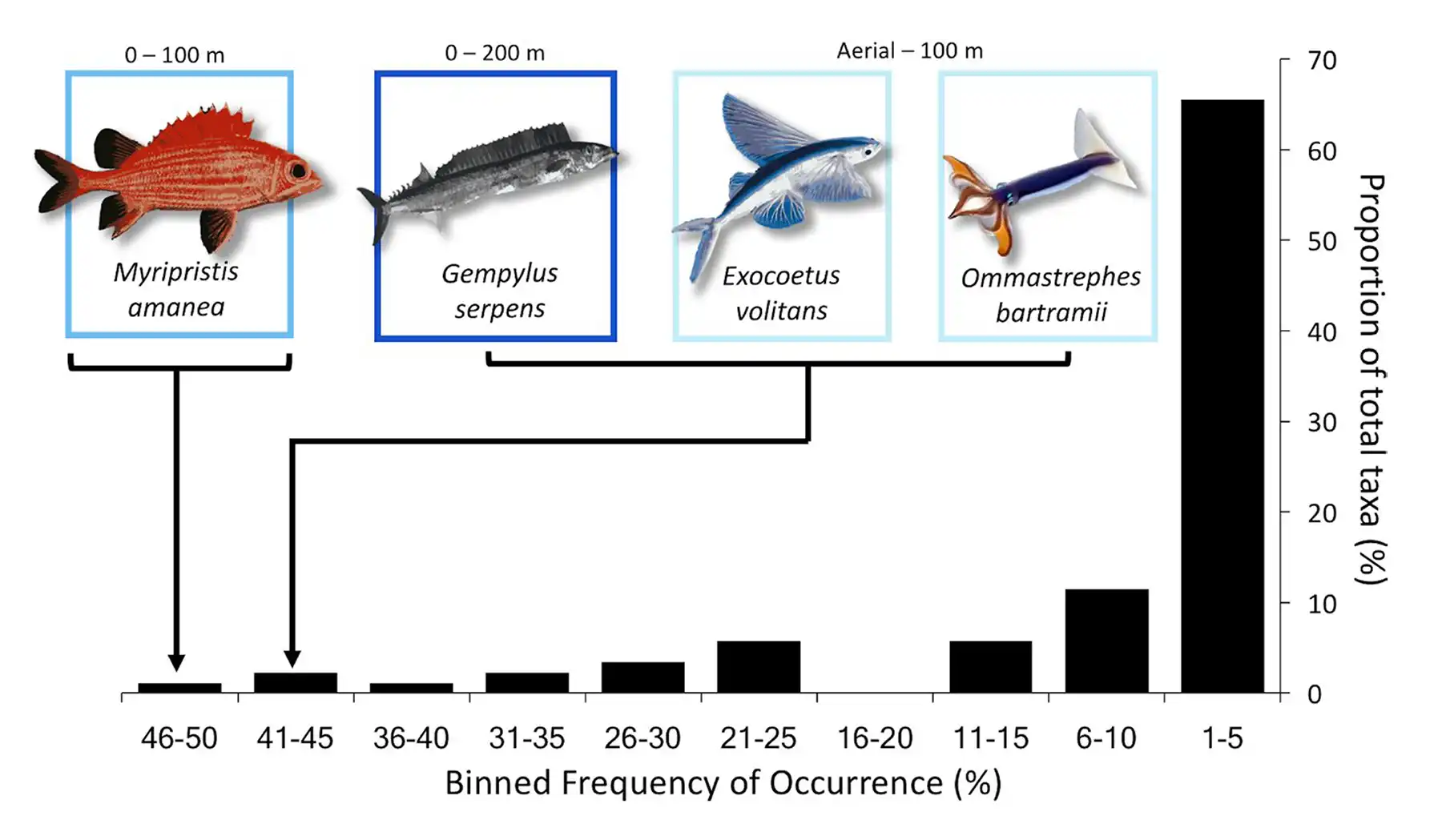
Seabird diet DNA-barcoding
GOAL: DNA-barcoding of regurgitated prey from Christmas shearwaters (Puffinus nativitatis) to study seabird diets.
COLLABORATORS: Ilana Nimz, Mark Renshaw, John Baczenas, Cynthia Vanderlip, David Hyrenbach, Matthew Iacchei
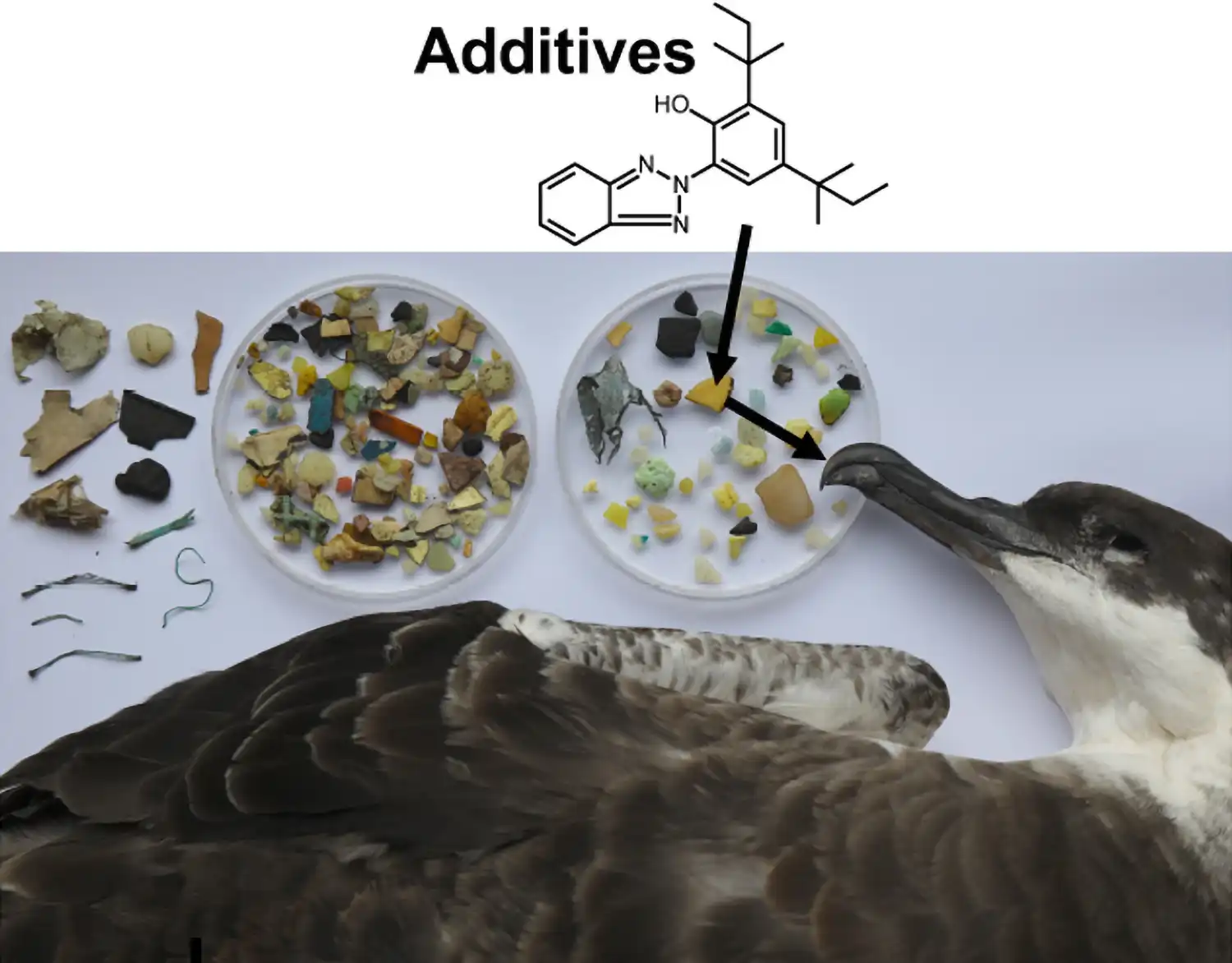
Plastic pollutants effects on marine fauna
GOAL: Analyzing preen gland oil samples from seabird species from around the world to determine effects of plastic additives and legacy persistent organic pollutants.
COLLABORATORS: Yamashita et al.